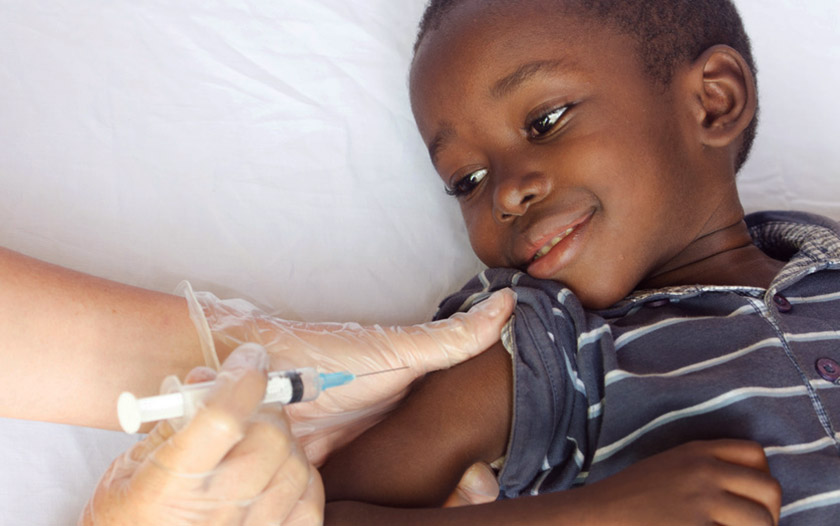Ten Things You Should Know About Immunisation
Written by Prince Assandoh-Mensah in 2015
- What is Immunisation
Immunisation is when an individual is given a specific drug (called vaccines) to protect him/her against certain specific diseases.
- Do vaccines cure diseases?
No, vaccines do not cure disease. They rather protect an individual from getting a particular disease.
- Does immunisation protect an individual against all diseases?
No, immunisation will get you protected against the disease for which you received immunisation for. For instance, if you receive immunisation for Hepatitis B, you will only be protected against Hepatitis B.
- Which group of people are supposed to be immunised?
Everybody, no matter the age or gender needs some form of immunisation. Women can be immunised against Cervical Cancer. However, because children are more prone to getting diseases, they need more immunisation against certain specific diseases that affect them often such as tuberculosis, measles and tetanus.
- Where do I get my child immunised
At all government hospitals, clinic, health centres or any Child Welfare Clinic or at any hospital, health centres or clinic which run the immunisation programme.
- How much would I pay for my child to be immunised?
You do not have to pay any money for your child to be immunised. The immunisation programme is being funded by the government and international donor agencies in Ghana.
- At which year should my child start immunisation
Immunisation starts from birth till the child turns18months. After 18months, the child only receives Vitamin A supplements. In all, there are 8 different vaccines that protect your child against 12 different diseases.
- How often would my child go for immunisation
At birth, after the first dose is given, the child attends the clinic on the 6th week, and then attends 4 weekly. The community health nurse will inform you days your child would be receiving immunisations.
- What are the names of the diseases my child is protected from
They are the diseases that commonly affect children. They include
- Tuberculosis
- Poliomyelitis
- Diphtheria
- Whooping Cough
- Tetanus
- Haemophillus Influenza Type B
- Hepatitis B
- Pneumococcal disease
- Rotaviral Diarrhoea
- Yellow Fever
- Measles and
- Rubella.
- Do vaccines have any severe adverse effects?
Most vaccines are safe and do not have severe adverse effects. However, some vaccines presents with some mild side effects such as fever. Your health care provider will educate you on the potential side effects and the managements.




